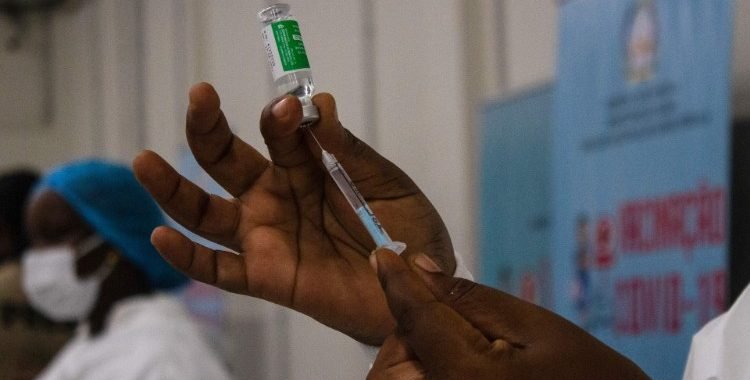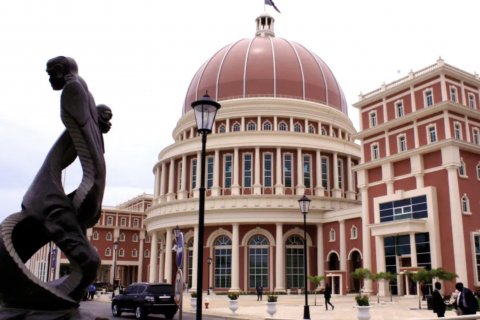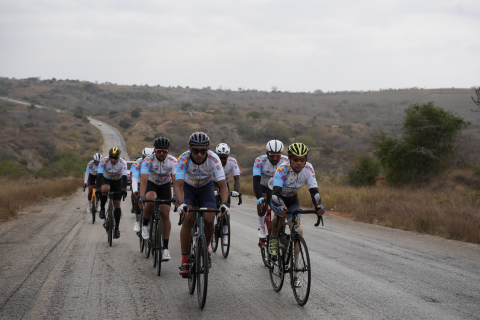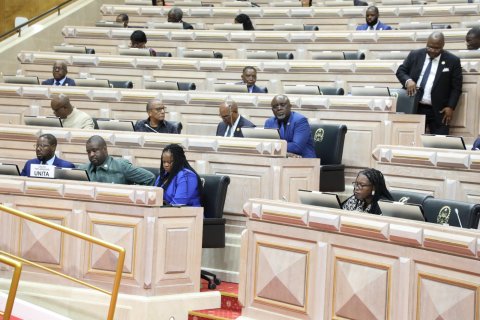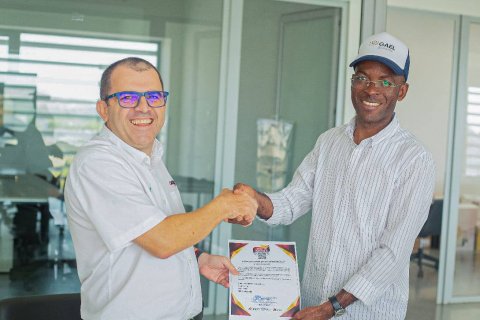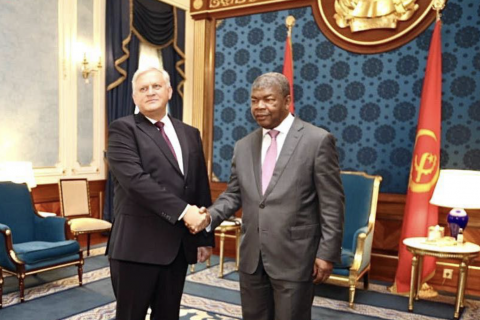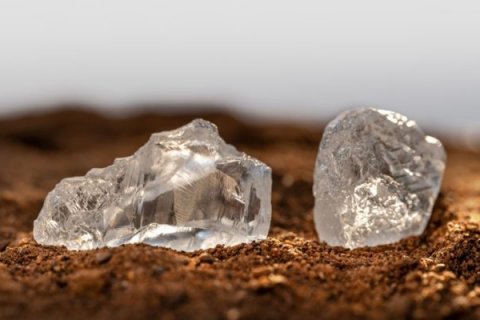"I am pleased to announce a contribution of 360 million euros to Gavi at this summit. This is part of a total commitment from 'Team Europe' of 2 billion euros or more," said the president of the EU executive, Ursula von der Leyen, during the high-level meeting in Brussels co-hosted with the Gates Foundation.
She added that "new volume guarantee mechanisms, developed with the European Investment Bank and the Gates Foundation", will be signed "soon" that will guarantee "more than 100 million euros for the purchase of medical supplies in developing countries".
Von der Leyen stressed that "for every dollar invested in vaccines, a return of 54 dollars is obtained, thanks to lower health costs and increased productivity".
"This shows that vaccines not only save lives, but also help nations thrive," said the President of the European Commission, who praised the work of Gavi, recalling that "since its creation, it has vaccinated more than a billion children and helped prevent more than 18 million deaths."
In this sense, she called for "empowering regions to manufacture their own vaccines," especially in Africa, where 99 percent of doses are still imported.
"Vaccines have saved more lives than any other medical advance in history. More than 150 million lives in the last 50 years. They remain our most powerful shield against infectious diseases," stressed Von der Leyen.
In turn, the President of the European Council, António Costa, highlighted the role of the EU as a "trustworthy partner in global health," defending the commitment to science and research in the face of "obscurantism, denialism and populism": "Together, we make a difference in people's lives."
Microsoft founder and global vaccine alliance promoter Bill Gates has called the efforts to democratize vaccines "one of the most transformative efforts in the world" and announced that the Gates Foundation will contribute 1.6 billion dollars to Gavi over the next five years.
The American tycoon explained how he got involved in this work 25 years ago, when he saw that thousands of children were dying around the world because they did not have access to vaccines due to their high price. A quarter of a century later, humanity is now on the verge of eradicating polio and could also do the same with malaria in about 20 years, he celebrated.
Gates added that investing in vaccines in developing countries helps these states become self-sufficient and also generates economic benefits to which Gavi has contributed an impact of 250 billion dollars.
At the same summit, held after a meeting of NATO leaders in The Hague and on the eve of a European Council in Brussels, Spanish Prime Minister Pedro Sánchez announced a 30 percent increase in the country's contribution to Gavi between 2026 and 2030, to a total of 130 million euros.
The president of Angola and the African Union (AU), João Lourenço, praised efforts to supply vaccines, but especially to transfer production to the continent.
"Africa is not just a beneficiary. Africa is ready to be a co-author of the new era. We want more equity, more autonomy, more voice," said Lourenço, who called for more technology transfers and bilateral partnerships and positioned the continent as the demographic engine of a world with ageing populations.
UN Secretary-General António Guterres said that protecting 500 million more children by 2030 requires an urgent investment of at least nine billion dollars.
"At a time when vaccine skepticism and misinformation are spreading like wildfire, this investment is more crucial than ever," he warned in a video message.
Former Portuguese Prime Minister José Manuel Durão Barroso is the chairman of Gavi.

